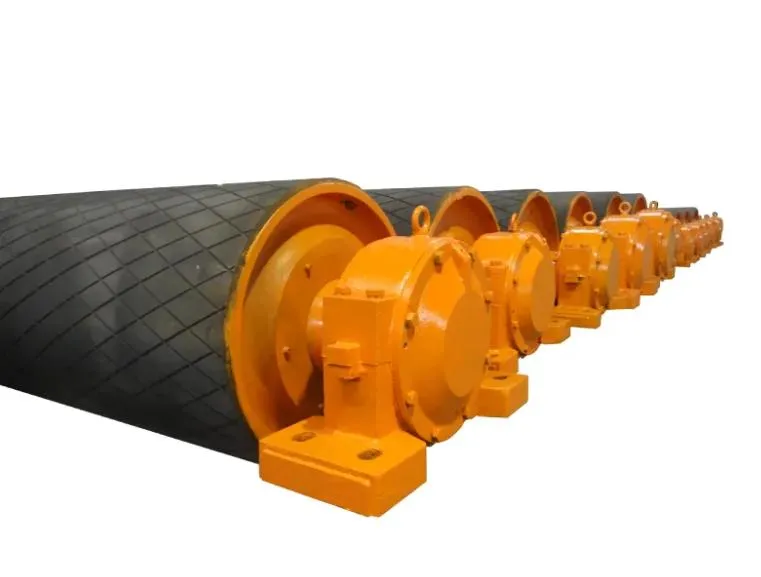 Afrikaans
Afrikaans  Albanian
Albanian  Amharic
Amharic  Arabic
Arabic  Armenian
Armenian  Azerbaijani
Azerbaijani  Basque
Basque  Belarusian
Belarusian  Bengali
Bengali  Bosnian
Bosnian  Bulgarian
Bulgarian  Catalan
Catalan  Cebuano
Cebuano  Corsican
Corsican  Croatian
Croatian  Czech
Czech  Danish
Danish  Dutch
Dutch  English
English  Esperanto
Esperanto  Estonian
Estonian  Finnish
Finnish  French
French  Frisian
Frisian  Galician
Galician  Georgian
Georgian  German
German  Greek
Greek  Gujarati
Gujarati  Haitian Creole
Haitian Creole  hausa
hausa  hawaiian
hawaiian  Hebrew
Hebrew  Hindi
Hindi  Miao
Miao  Hungarian
Hungarian  Icelandic
Icelandic  igbo
igbo  Indonesian
Indonesian  irish
irish  Italian
Italian  Japanese
Japanese  Javanese
Javanese  Kannada
Kannada  kazakh
kazakh  Khmer
Khmer  Rwandese
Rwandese  Korean
Korean  Kurdish
Kurdish  Kyrgyz
Kyrgyz  Lao
Lao  Latin
Latin  Latvian
Latvian  Lithuanian
Lithuanian  Luxembourgish
Luxembourgish  Macedonian
Macedonian  Malgashi
Malgashi  Malay
Malay  Malayalam
Malayalam  Maltese
Maltese  Maori
Maori  Marathi
Marathi  Mongolian
Mongolian  Myanmar
Myanmar  Nepali
Nepali  Norwegian
Norwegian  Norwegian
Norwegian  Occitan
Occitan  Pashto
Pashto  Persian
Persian  Polish
Polish  Portuguese
Portuguese  Punjabi
Punjabi  Romanian
Romanian  Russian
Russian  Samoan
Samoan  Scottish Gaelic
Scottish Gaelic  Serbian
Serbian  Sesotho
Sesotho  Shona
Shona  Sindhi
Sindhi  Sinhala
Sinhala  Slovak
Slovak  Slovenian
Slovenian  Somali
Somali  Spanish
Spanish  Sundanese
Sundanese  Swahili
Swahili  Swedish
Swedish  Tagalog
Tagalog  Tajik
Tajik  Tamil
Tamil  Tatar
Tatar  Telugu
Telugu  Thai
Thai  Turkish
Turkish  Turkmen
Turkmen  Ukrainian
Ukrainian  Urdu
Urdu  Uighur
Uighur  Uzbek
Uzbek  Vietnamese
Vietnamese  Welsh
Welsh  Bantu
Bantu  Yiddish
Yiddish  Yoruba
Yoruba  Zulu
Zulu Feb . 14, 2025 13:15
Back to list
impact idlers are used in a belt conveyor
Impact idlers play a pivotal role in the efficiency and longevity of conveyor systems, particularly in industries where heavy or abrasive materials are transported. Their design and functionality have undergone significant advancements, emphasizing durability, cost-effectiveness, and energy efficiency. Understanding their benefits and how they align with industry best practices can provide companies with a competitive edge in optimizing plant operations.
Moreover, integrating feedback from field applications into the design process further enhances the credibility of these products. Many companies gather insights from real-world applications to refine the design and functionality of impact idlers. This iterative feedback loop ensures the development of products that meet the evolving needs of the industry, creating solutions that users can trust, based on real experiences and rigorous testing. In terms of practical experience, numerous case studies highlight significant operational improvements following the adoption of advanced impact idlers. For instance, a notable mining operation reported a substantial decrease in belt wear and an impressive increase in throughput, attributing these improvements to the strategic installation of impact idlers. Such experiences speak to the tangible benefits that come with adopting advanced technologies tailored to specific industrial needs. The alignment of impact idlers with environmental standards also underscores their growing importance. As industries pivot toward sustainable practices, the energy efficiency and reduced noise pollution associated with modern impact idlers offer additional incentives for their use. By investing in equipment that minimizes environmental impact, companies not only adhere to regulations but also position themselves as responsible and forward-thinking industry leaders. In conclusion, the evolution of impact idlers reflects a compelling trajectory toward enhanced reliability, efficiency, and sustainability in conveyor systems. Companies that prioritize the integration of these advanced components are better positioned to achieve operational excellence, benefitting from reduced maintenance, longer equipment lifespan, and improved overall productivity. As the industry continues to advance, leveraging expert insights and authoritative data is crucial in making informed decisions that drive success and sustainability in material handling operations.


Moreover, integrating feedback from field applications into the design process further enhances the credibility of these products. Many companies gather insights from real-world applications to refine the design and functionality of impact idlers. This iterative feedback loop ensures the development of products that meet the evolving needs of the industry, creating solutions that users can trust, based on real experiences and rigorous testing. In terms of practical experience, numerous case studies highlight significant operational improvements following the adoption of advanced impact idlers. For instance, a notable mining operation reported a substantial decrease in belt wear and an impressive increase in throughput, attributing these improvements to the strategic installation of impact idlers. Such experiences speak to the tangible benefits that come with adopting advanced technologies tailored to specific industrial needs. The alignment of impact idlers with environmental standards also underscores their growing importance. As industries pivot toward sustainable practices, the energy efficiency and reduced noise pollution associated with modern impact idlers offer additional incentives for their use. By investing in equipment that minimizes environmental impact, companies not only adhere to regulations but also position themselves as responsible and forward-thinking industry leaders. In conclusion, the evolution of impact idlers reflects a compelling trajectory toward enhanced reliability, efficiency, and sustainability in conveyor systems. Companies that prioritize the integration of these advanced components are better positioned to achieve operational excellence, benefitting from reduced maintenance, longer equipment lifespan, and improved overall productivity. As the industry continues to advance, leveraging expert insights and authoritative data is crucial in making informed decisions that drive success and sustainability in material handling operations.
Next:
Latest news
-
Revolutionizing Conveyor Reliability with Advanced Rubber Lagging PulleysNewsJul.22,2025
-
Powering Precision and Durability with Expert Manufacturers of Conveyor ComponentsNewsJul.22,2025
-
Optimizing Conveyor Systems with Advanced Conveyor AccessoriesNewsJul.22,2025
-
Maximize Conveyor Efficiency with Quality Conveyor Idler PulleysNewsJul.22,2025
-
Future-Proof Your Conveyor System with High-Performance Polyurethane RollerNewsJul.22,2025
-
Driving Efficiency Forward with Quality Idlers and RollersNewsJul.22,2025
OUR PRODUCTS




























